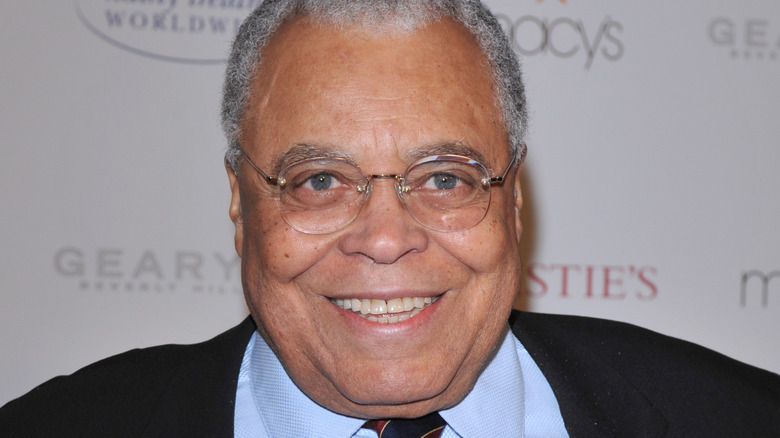
Earlier this week, the Congressional Progressive Caucus released a letter calling for the Biden Administration to “pair the military and economic support the United States has provided to Ukraine with a proactive diplomatic push, redoubling efforts to seek a realistic framework for a ceasefire.” While referring to Russia’s invasion as “outrageous and illegal,” the letter elaborates and states,
…if there is a way to end the war while preserving a free and independent Ukraine, it is America’s responsibility to pursue every diplomatic avenue to support such a solution that is acceptable to the people of Ukraine. Such a framework would presumably include incentives to end hostilities, including some form of sanctions relief, and bring together the international community to establish security guarantees for a free and independent Ukraine that are acceptable for all parties, particularly Ukrainians. The alternative to diplomacy is protracted war, with both its attendant certainties and catastrophic and unknowable risks.
The letter seemed noncontroversial and obvious to me. The most likely outcome of the war is a negotiated peace sooner or later. The letter didn’t call for recognition of territories Russia annexed, or forced neutrality for Ukraine, or anything that might stand out. It simply says that the US should pursue peace talks as aggressively as it pursues arms sales to Ukraine.
The reaction, especially from other Democrats, was swift and harsh. Progressives have been accused by their fellow Democrats of everything from sounding like Republicans who said there’d be no “blank check” for Ukraine if they took over the House, to actively strengthening Putin’s hand in his “brutal invasion.” Less than 24 hours later, progressives retracted the letter with a statement. In part, the statement read,
Every war ends with diplomacy, and this one will too after Ukrainian victory (emphasis mine). The letter sent yesterday, although restating that basic principle, has been conflated with GOP opposition to support for the Ukrainians’ just defense of their national sovereignty. As such, it is a distraction at this time and we withdraw the letter.
While the blame game and typical political posturing around the letter has been entertaining, what caught my attention are the strategic implications of both the letter and its condemnation. Firstly, the reaction reveals that the United States is nowhere near ready to begin open, direct diplomacy with Russia. The war is going to continue for at least the immediate future for certain.
More important though are the terms laid out, implicitly and explicitly, for those negotiations to begin. I bolded the sentence above because it states most clearly the United States’ strategic goal for the conflict: “Ukrainian victory.”
The press release doesn’t lay out what would define Ukrainian victory, and this does leave some wiggle room where a range of options can be declared as “victory.” Yet the way various US and Ukrainian officials are talking, victory could mean something as optimistic as driving Russian forces out of Ukraine completely, and even retaking Crimea.
As I’ve listened to various news reports, podcasts and talking heads discuss the war, it’s impossible to tell what’s really happening. Ukraine has clearly had some success in its recent counteroffensive, but western media treats every Russian defeat like the greatest strategic collapse since the end of the Cold War- the same people, lest we forget, who predicted that the Russian army would roll over Kyiv in a matter of days. All that’s really clear is that fighting is continuing, and several areas of the country are contested.
I’m not a military expert, and I’ve been wrong enough times to know that nothing is impossible. Perhaps Ukraine can succeed in pushing Russia out, or maybe Russia will go to full mobilization and unleash total war on its neighbor. There are also many possibilities between those poles, but one thing is certain. Without the kind of sustained, focused diplomacy that the entire US political establishment just rejected, the war will drag on. And without clarifying what constitutes “Ukrainian victory”, then weapons will continue to flow towards an undefined end- and those weapons will remain afterwards, no matter what happens.









